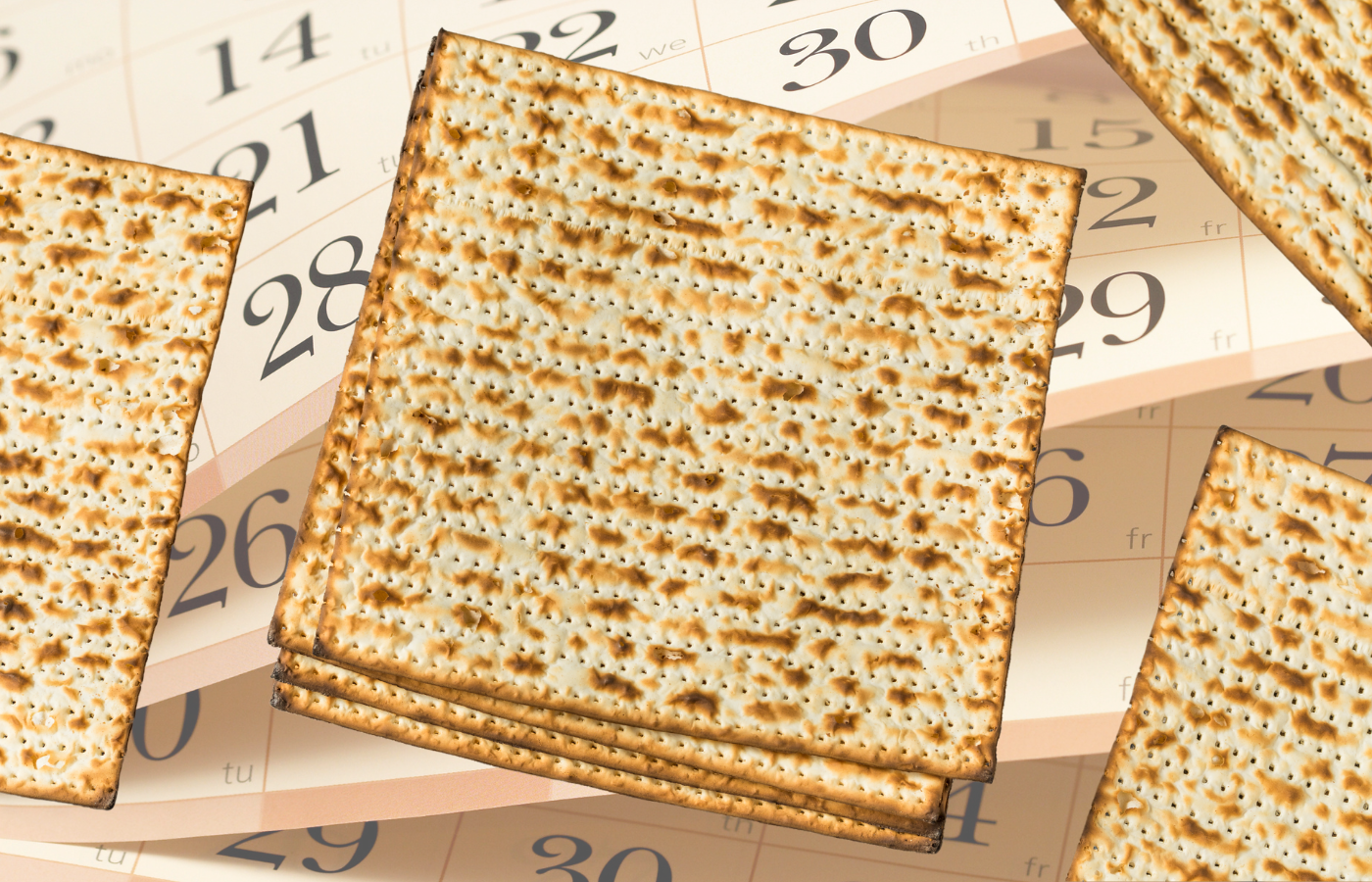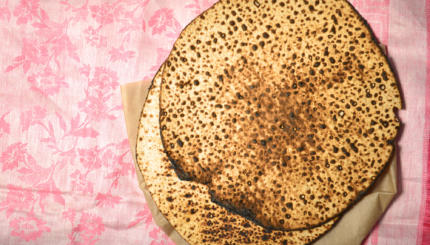The intermediate (hol) festival days (hamoed) — days three through six or two through six in Israel and for the Reform –have a special designation. Although they are not full festivals, they are still holy relative to ordinary days. Leviticus refers to them as mikra’ei kodesh, days of sanctity. Even though there are no biblical prohibitions against work or travel, the rabbis ruled that gainful work is forbidden (you can work if material loss would occur). This was to distinguish the time from normal weekdays and provide greater opportunity for Torah.
We read the Torah in synagogue on each intermediate day, conduct the Musaf (additional) service ordained for Shabbat and festivals [except in the Reform tradition], and recite the partial Hallel [Psalms of praise]. Because only part is said on the seventh day, which is a full festival, we cannot elevate a semi-festival above it.
Excerpted from Celebrate! The Complete Jewish Holiday Handbook (Jason Aronson Inc).
With your help, My Jewish Learning can provide endless opportunities for learning, connection and discovery.
Shabbat
Pronounced: shuh-BAHT or shah-BAHT, Origin: Hebrew, the Sabbath, from sundown Friday to sundown Saturday.
Torah
Pronunced: TORE-uh, Origin: Hebrew, the Five Books of Moses.



